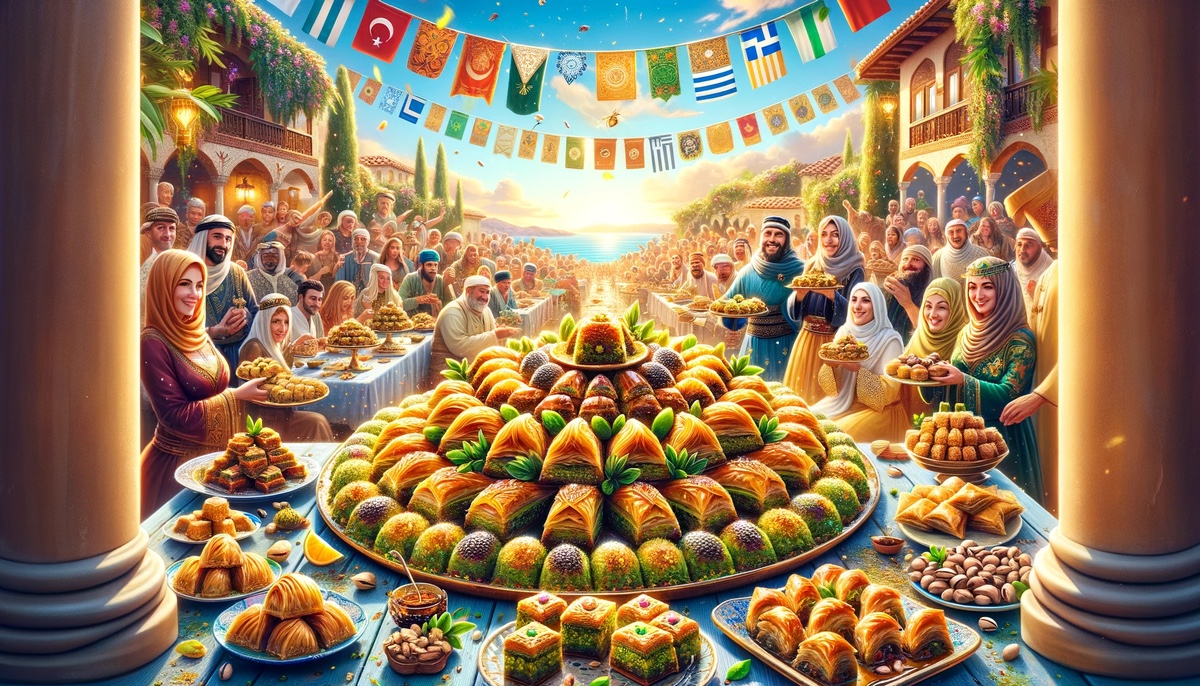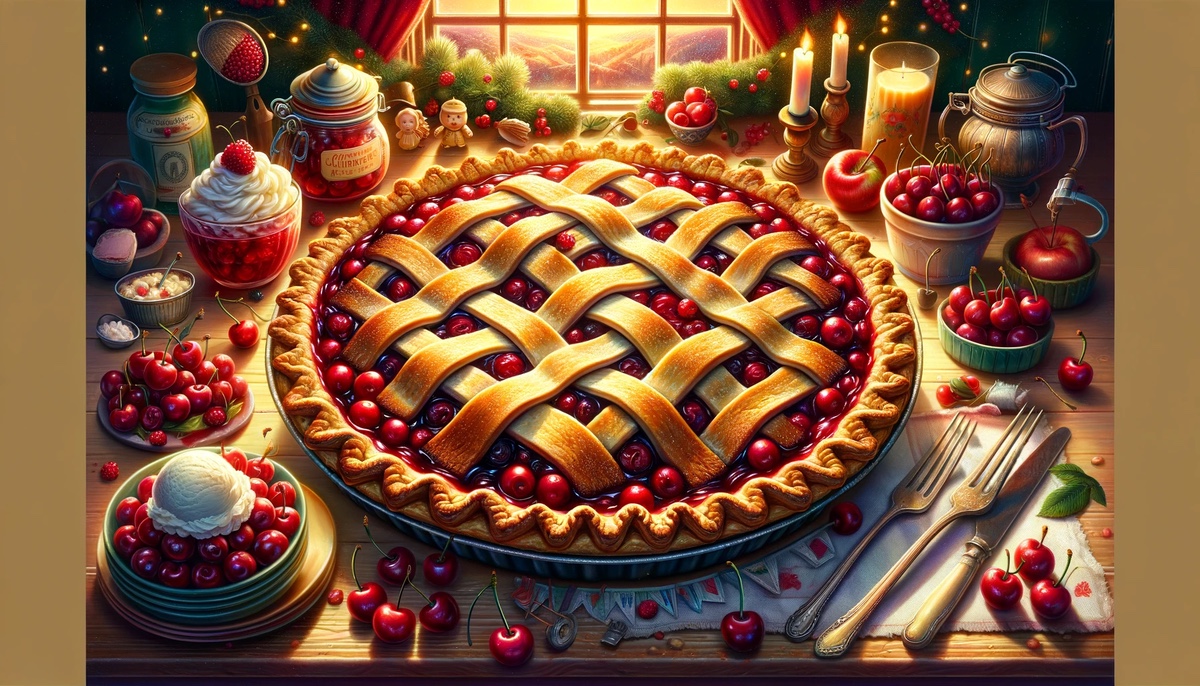I wish I knew about this holiday when I was in the grocery store yesterday so I could celebrate today.
For the record, I prefer the kind with pistachios.
Baklava, a centuries-old pastry rich in history and flavor, has its roots deeply intertwined with the culinary traditions of various cultures. Celebrated today on National Baklava Day, this delectable dessert is not just a treat for the taste buds but also a testament to the fusion of cultural influences.
Originating possibly with the Assyrians in the 8th century BCE, baklava began as a simple mixture of chopped nuts between layers of unleavened bread, sweetened with honey. This early version set the stage for the diverse and elaborate forms of baklava we relish today. The Ancient Romans added their twist with the placenta cake, a precursor to modern baklava, featuring layers of dough filled with honey and cheese, seasoned with bay leaves.
The transformation of baklava into its current form is attributed to the culinary innovations during the Ottoman Empire. This period saw the integration of local ingredients and techniques as baklava spread across the Middle East and Mediterranean, creating a tapestry of regional variations.
Greek seafarers, enchanted by the Mesopotamian version, introduced the ultra-thin phyllo dough, a remarkable innovation, giving baklava its characteristic flakiness. Turkish baklava shone with its use of pistachios, while the Arab world enriched the pastry with the fragrant addition of rosewater and cardamom. The Armenians, strategically located on ancient spice routes, incorporated cinnamon and cloves, favoring walnuts in their version. Cypriot baklava stood out with its unique blend of almonds and walnuts, and each region developed its own distinct syrup – from Algerian orange-blossom water to the Iranian blend of cardamom and rosewater.
Baklava’s exclusivity as a delicacy reserved for the elite and festive occasions during the Ottoman Empire added to its allure. The Baklava Procession, where the sultan would present this prized confection to his elite Janissaries during Ramadan, highlighted its significance. Different communities, including Ottoman Christians and Jews, embraced baklava, incorporating it into their religious and cultural celebrations.
Today, baklava is not just a dessert but a symbol of heritage and shared history, savored across the globe. Each bite is a journey through time, a blend of textures and flavors that narrate the story of civilizations that have cherished and evolved this exquisite pastry over millennia. On National Baklava Day, we celebrate not just a sweet treat, but a culinary legacy that continues to bring people together, transcending borders and cultures.
Baklava and cheesecake? Just imagine the calories…



